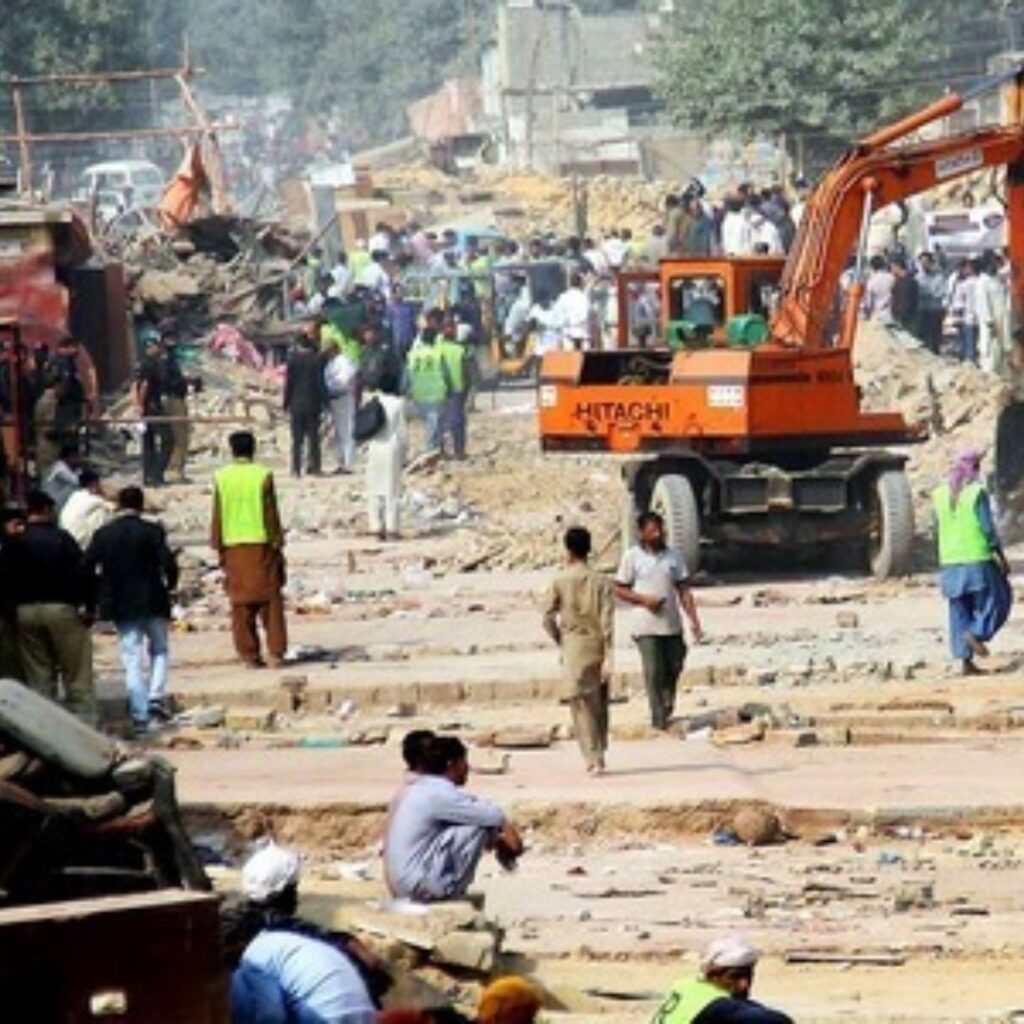Advocate Rapolu Bhaskar has brought attention to the alarming issue of illegal occupation of government lands in Telangana, a practice that undermines public welfare and the rule of law. In his representation to the authorities, he highlighted the significant loss of public resources due to encroachments, which often target lands designated for critical infrastructure such as schools, hospitals, and public parks. These illegal occupations deprive communities, especially marginalized groups, of essential facilities and hinder the state’s development initiatives.
One of the key concerns raised by Bhaskar is the inaction of revenue and municipal authorities in addressing this issue. Despite clear legal provisions to prevent and penalize encroachments, enforcement remains weak due to political interference, bureaucratic inefficiency, and corruption. He also pointed out the growing influence of land mafias that exploit these systemic weaknesses to illegally acquire government lands for private profit, often at the expense of public interest.
Bhaskar’s representation emphasizes the broader implications of these encroachments on urban planning and environmental sustainability. He noted that illegal occupation of forest and wetland areas contributes to environmental degradation, loss of biodiversity, and an increased risk of natural disasters. Additionally, he highlighted the disruption caused to public projects, such as affordable housing and infrastructure development, which rely on the availability of government lands.
To address these challenges, Advocate Bhaskar has proposed a multi-pronged strategy. He called for a comprehensive land audit to identify and document government lands and their current status. He also recommended the creation of a tamper-proof digital database of government land records, accessible to the public to promote transparency and accountability. Furthermore, he urged authorities to conduct eviction drives against illegal occupiers, implement fast-track judicial processes for land disputes, and prioritize the reclaimed lands for public welfare projects.
Bhaskar has also emphasized the importance of public awareness in combating encroachments. He suggested launching campaigns to educate citizens about the legal and social consequences of illegal occupation of government lands, fostering a collective sense of responsibility. His vision includes not only reclaiming encroached lands but also ensuring their proper utilization for community development, environmental protection, and social equity.
Advocate Rapolu Bhaskar’s representation serves as a powerful call to action for preserving public resources and upholding the principles of justice and accountability. His efforts highlight the urgent need for systemic reforms and collective action to protect government lands and ensure they serve their intended purpose of benefiting society at large.


